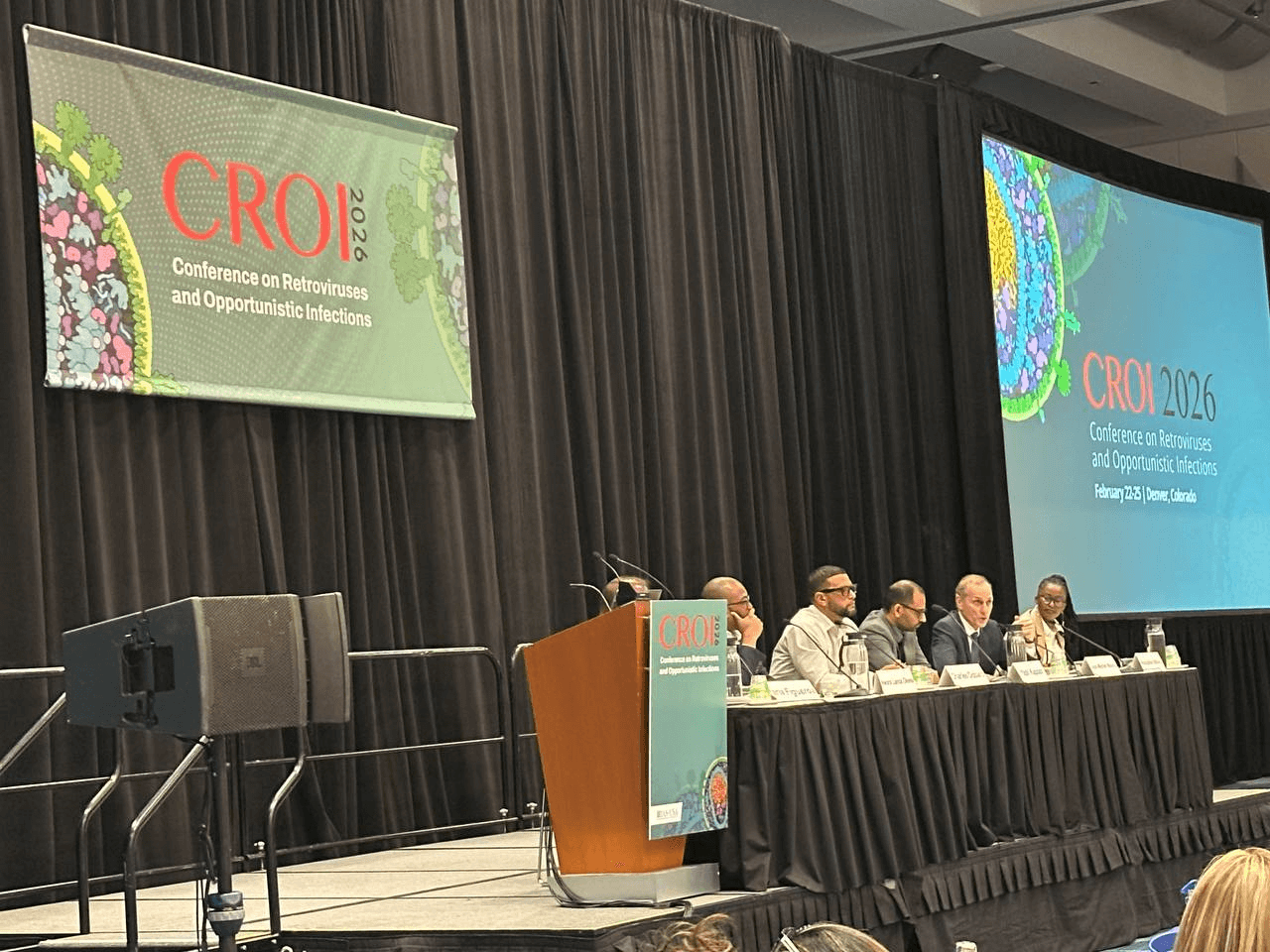Lower CD4 counts linked with higher cancer risks in people living with HIV in South Africa

A report in Clinical Infectious Diseases has said that immune suppression is linked with an increased risk of numerous cancers amongst people living with HIV, according to data collected and analysed in South Africa.
The study’s authors found links between a low CD4 count and increased risk of non-Hodgkin lymphoma, Kaposi’s sarcoma (KS) and HPV related cancers such as cervical cancer.
Over 3.5 million South Africans living with HIV took part in the study. Of these 15,078 were diagnosed with cancer.
The five most common infection related cancers were:
- Cervical cancer – 4,150 cases
- Kaposi’s sarcoma – 1,262 cases
- Non-Hodgkin lymphoma – 1,060 cases
- All HPV related cancers – 692 cases
- Conjunctival (eye) cancers – 604 cases
The study also recorded 5,182 cancer diagnoses that could not be linked to an infection. The five most common were:
- Breast cancer – 1,873 cases
- Prostate cancer – 440 cases
- Lung cancer – 415 cases
- Colorectal cancer – 384 cases
- Oesophageal cancer – 370 cases
The data was taking from the South African HIV Cancer Match (SAM) cohort, which aimed to link cancer and HIV records together. Any person living with HIV who had at least one CD4 count and a year of follow up was eligible for inclusion. The data used was drawn from 2004 to 2014.
When analysing the relationship between CD4 count and prevalence of these cancers the researchers found a statistically strong link between immune suppression and the likelihood of developing these cancers.
Each CD4 count reduction by 100 cells increased the risk of Kaposi’s sarcoma by 23% (95% CI, 1.2-1.26); non-Hodgkin lymphoma by 18% (95% CI, 1.14-1.22); and cervical cancer by 7% (95% CI, 1.06-1.09).
The authors found no link between immune suppression and several non-infection linked cancers such as breast, lung and prostate.
The study’s authors conclude by writing “Lower CD4 cell counts were associated with an increased risk of developing various infection-related cancers among PLWH. Reducing HIV-induced immunodeficiency may be a potent cancer prevention strategy among PLWH in sub-Saharan Africa, a region heavily burdened by cancers attributable to infections.”



